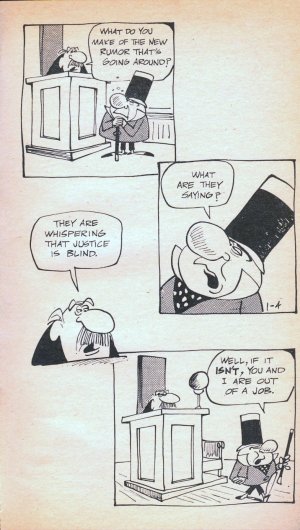As someone with a kid going through recruitment for a non-football sport, this settlement further divides the concept of student from athlete. Except for the truly elite few, most non-revenue sport athletes are forced to pursue lower level schools and then transfer up. With team/roster sizes shrinking by as much as 40% as a result of the settlement, there is a glut of upperclassmen transfers chasing a smaller number of spots. Freshmen are getting squeezed.
This change makes college athletics more like pro sports—and that isn’t bad. Quality of play should rise, and roster spots should go to the best players. But the kinds of player mobility that have characterized minor league baseball and (recently) college football are coming for track, tennis, and soccer. And the more professional model just looks less and less like college.
To be clear, my kid’s experience isn’t what UT athletes deal with. My kid is solidly D1, but likely not SEC level. The players coming to Knoxville will continue to be a tiny sliver of the elite among the elite. Most SEC schools have been professional-lite in every sport for decades now. But it’s shocking to see how far those changes have spread after House, and how quickly.
This change makes college athletics more like pro sports—and that isn’t bad. Quality of play should rise, and roster spots should go to the best players. But the kinds of player mobility that have characterized minor league baseball and (recently) college football are coming for track, tennis, and soccer. And the more professional model just looks less and less like college.
To be clear, my kid’s experience isn’t what UT athletes deal with. My kid is solidly D1, but likely not SEC level. The players coming to Knoxville will continue to be a tiny sliver of the elite among the elite. Most SEC schools have been professional-lite in every sport for decades now. But it’s shocking to see how far those changes have spread after House, and how quickly.



